Blog 9/1/23
By Michele Battle-Fisher, MPH, MA
Successful aging in the LGBTQIA+ community is a topic that is often not discussed or evaluated extensively. Successful aging is often described through the heteronormative lens. Therefore, little to no attention is given to LGBTQIA+ elders going through the same process (Fabbre et al., 2015). Members of the LGBTQIA+ community experience various disparities, which may be more pronounced for older LGBTQIA+ elders. Barriers to care, such as discrimination and homophobia, significantly impact stressors attributed to normal aging, thus contributes to increased vulnerability (Kum et al., 2017). According to Goldsen et al. (2017), LGBTQIA+ elders aged 50 and above experience more chronic disease and mental health disorders than their heterosexual peers.
Similarly, poor immune systems, disability, and stress were significant issues impacting LGBTQIA+ elders (Goldsen et al., 2017). In addition, consistent with the LGBTQIA+ community being disproportionately affected by health disparities, LGBTQIA+ elders experience a higher prevalence of homelessness, maltreatment, housing discrimination, and marginalization. For instance, the Movement Advancement Project (MAP) reported about 33% of the LGBTQIA+ population resides in states with no laws prohibiting housing discrimination based on sexual orientation or gender identity (MAP, 2021). Nevertheless, LGBTQIA+ elders continue to maintain successful aging despite the adversity they face.
Successful aging in the LGBTQIA+ community is defined as the absence of social exclusion and marginalization across the life course. Competent healthcare, economic security, social connections, and family support are the cornerstones for successful aging in the LGBTQIA+ community (Heron Greenesmith., 2017). Thus, the continuous exploration of these health indicators will provide a comprehensive understanding of pathways in advancing LGBTQIA+ health across the life course (Colpitts & Gahagan, 2016). Furthermore, findings from Grigorovich et al. (2016) indicated LGBTQIA+ elders are more positively responsive to the care process involving them in respectful decision-making and attentive to their needs. For example, SAGE’s long-term equality index (LEI) program offers social support and culturally competent care for LGBTQ+ elders (SAGE, 2021). Therefore, care for LGBTQIA+ elders needs to move away from focusing on the perceived weakness of the LGBTQIA+ community towards resilience and strength-based approaches to understanding LGBTQIA+ health needs.
Resilience and strength in the LGBTQIA+ community can be found in many ways, including providing caregiving support for loved ones and friends living with a health problem (Sage, 2017). Caregiving enables LGBTQIA+ elders to expand their social networks and successfully age in place. LGBTQIA+ resiliency is often understudied as LGBTQIA+ elders, particularly Baby Boomers, often experience more stigma due to ageism and sexuality (Bohannan & Michael, 2016). According to findings from Bohannan & Michael. (2016), Baby Boomers took part or witnessed significant moments of LGBTQIA+ history, particularly those associated with societal injustice and inequality. Hence, these experiences forced them to demonstrate resilience and strength by combating societal expectations and coping with disparities.
Over the years, LGBTQIA+ elders have built resilience through social support and self-acceptance in connection with the LGBTQIA+ community. However, actively caring for the LGBTQIA+ older adult population can be challenging. Thus, it requires caregivers and healthcare professionals to expand their knowledge about their patient’s health issues, explore their own biases, provide an inclusive environment, and promote healthy aging. It is essential to note that aging is not merely physiological but a product of the social norms and experiences that apply to each stage of life.
To read the full report and all of our research at The Institute, click here.

Blog 3/29/24
Equitas Health is pleased to announce that a collective bargaining agreement has been reached with Equitas Health Workers United Local #6609. Members of the bargaining unit voted this week, and the result was resounding support for ratification of the agreement.
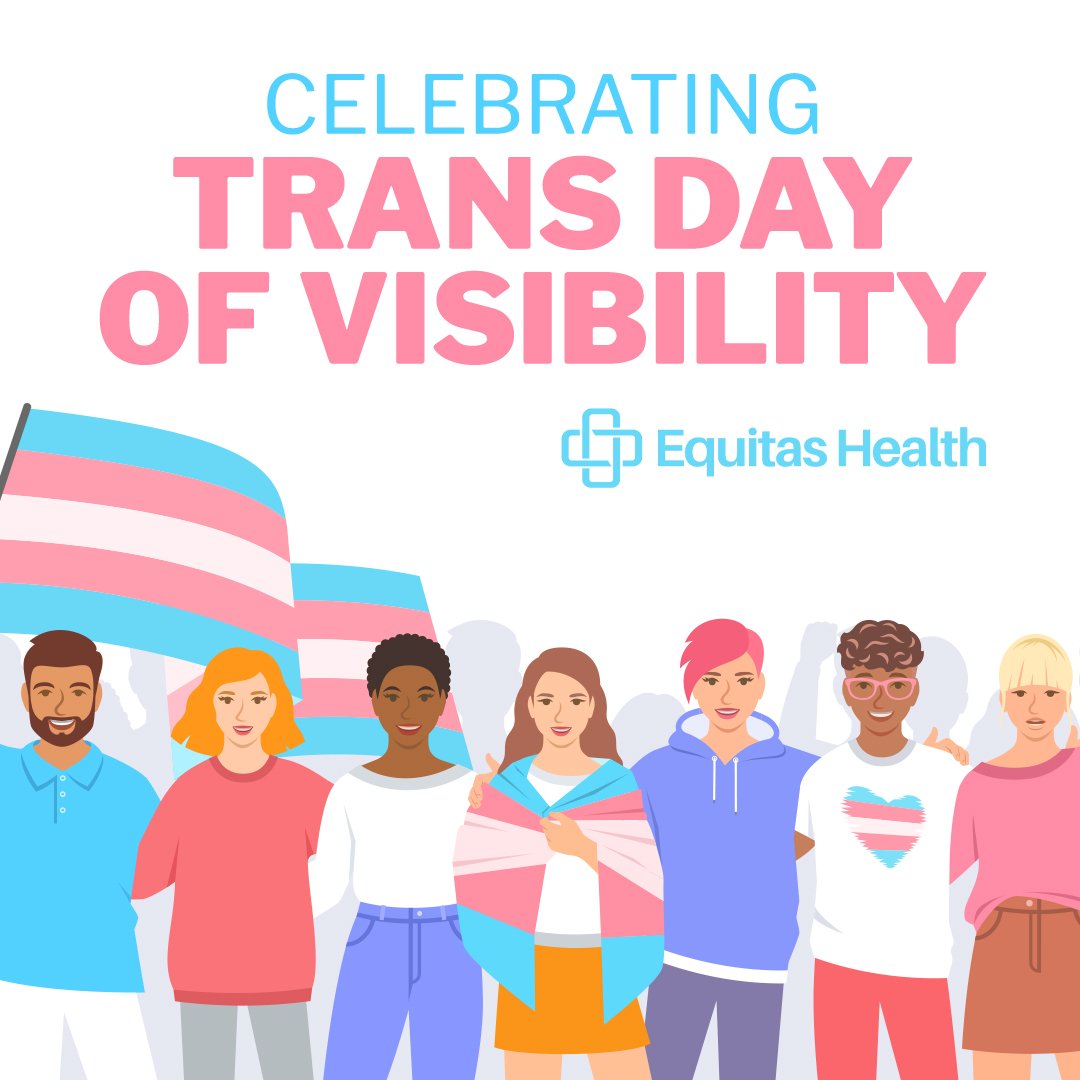
Blog 3/25/24
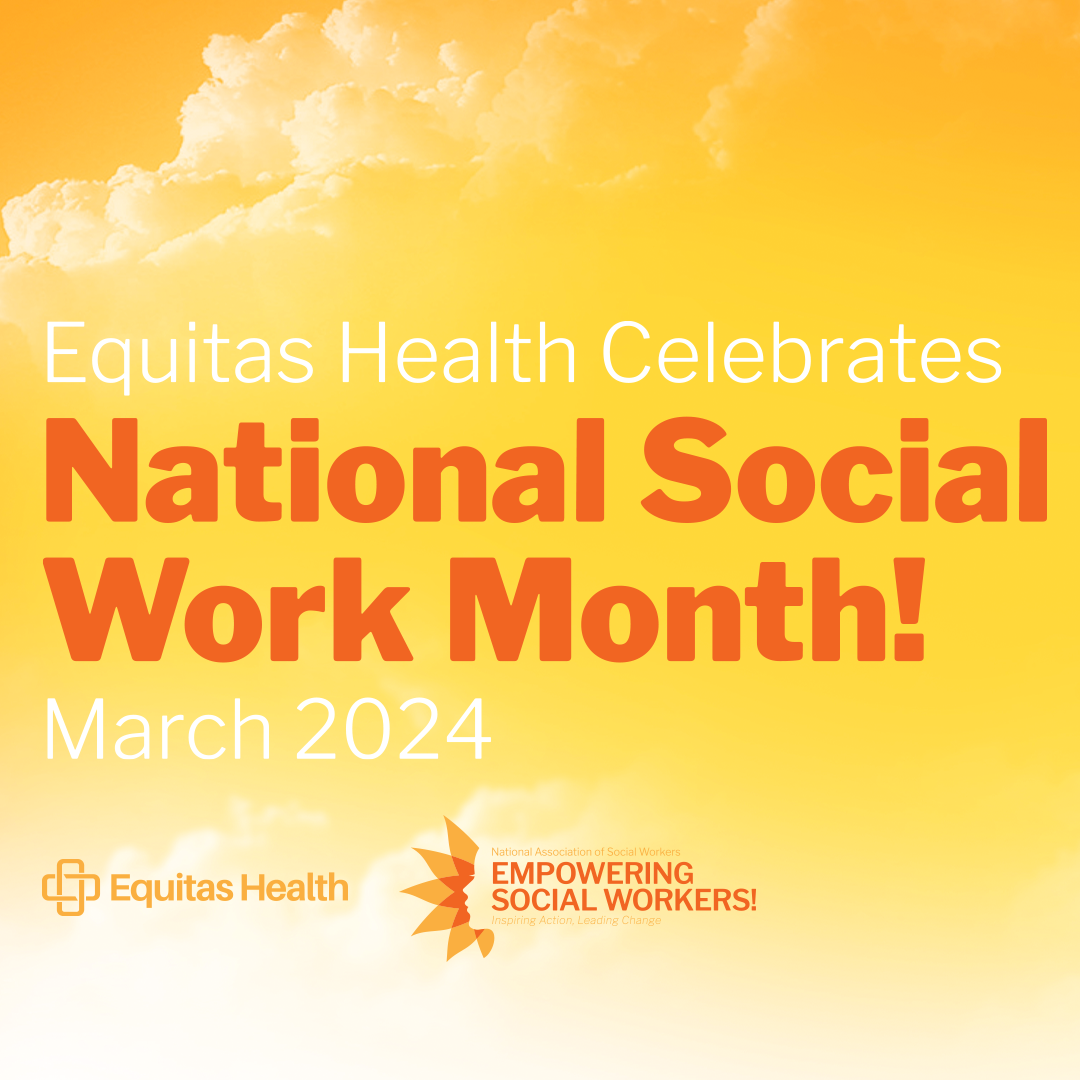
Blog 3/1/24
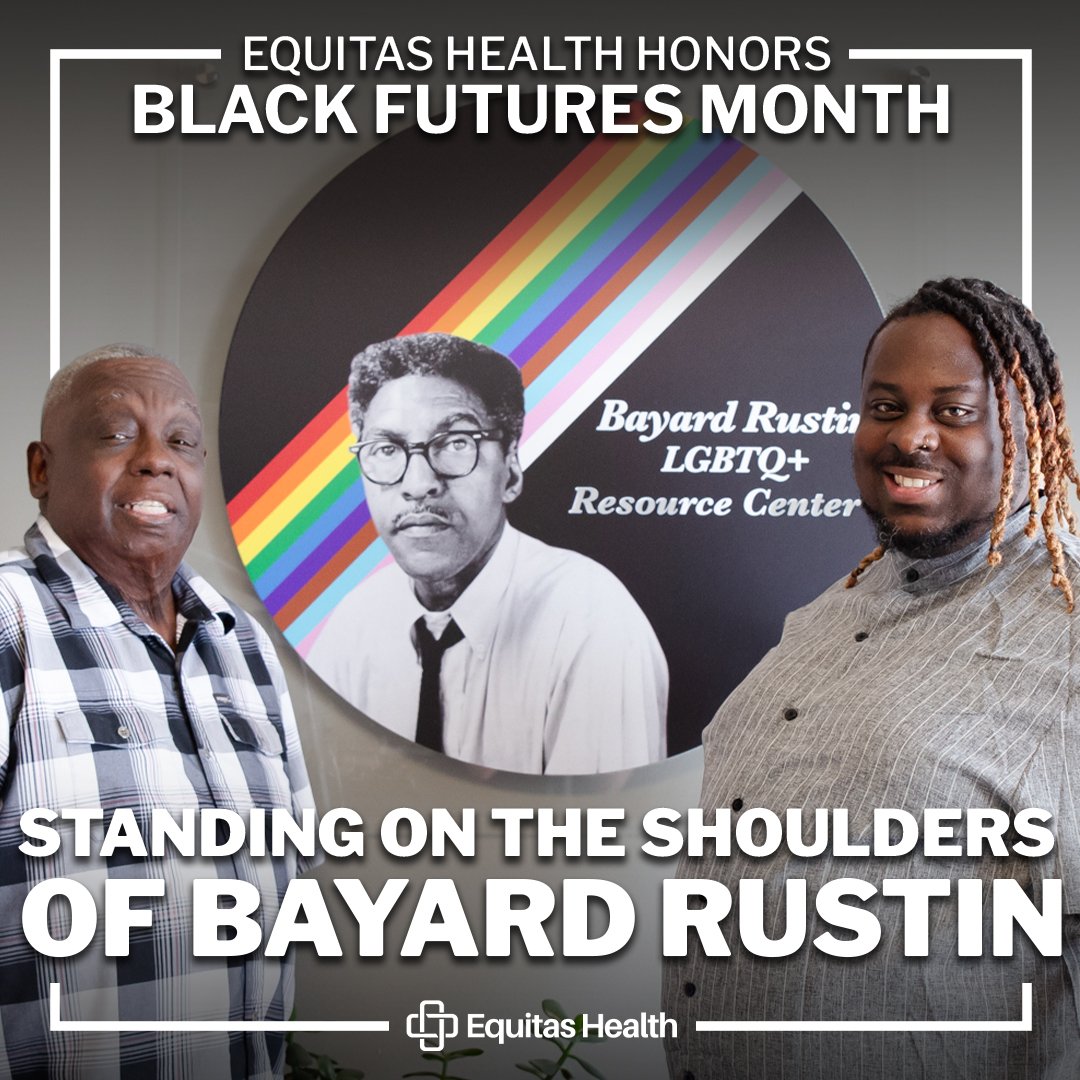
Blog 2/27/24
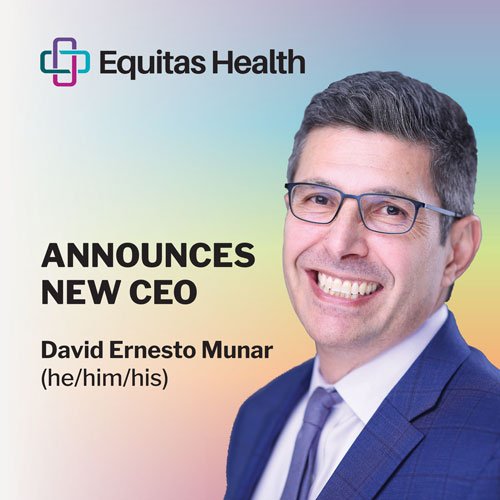
Blog 2/26/24
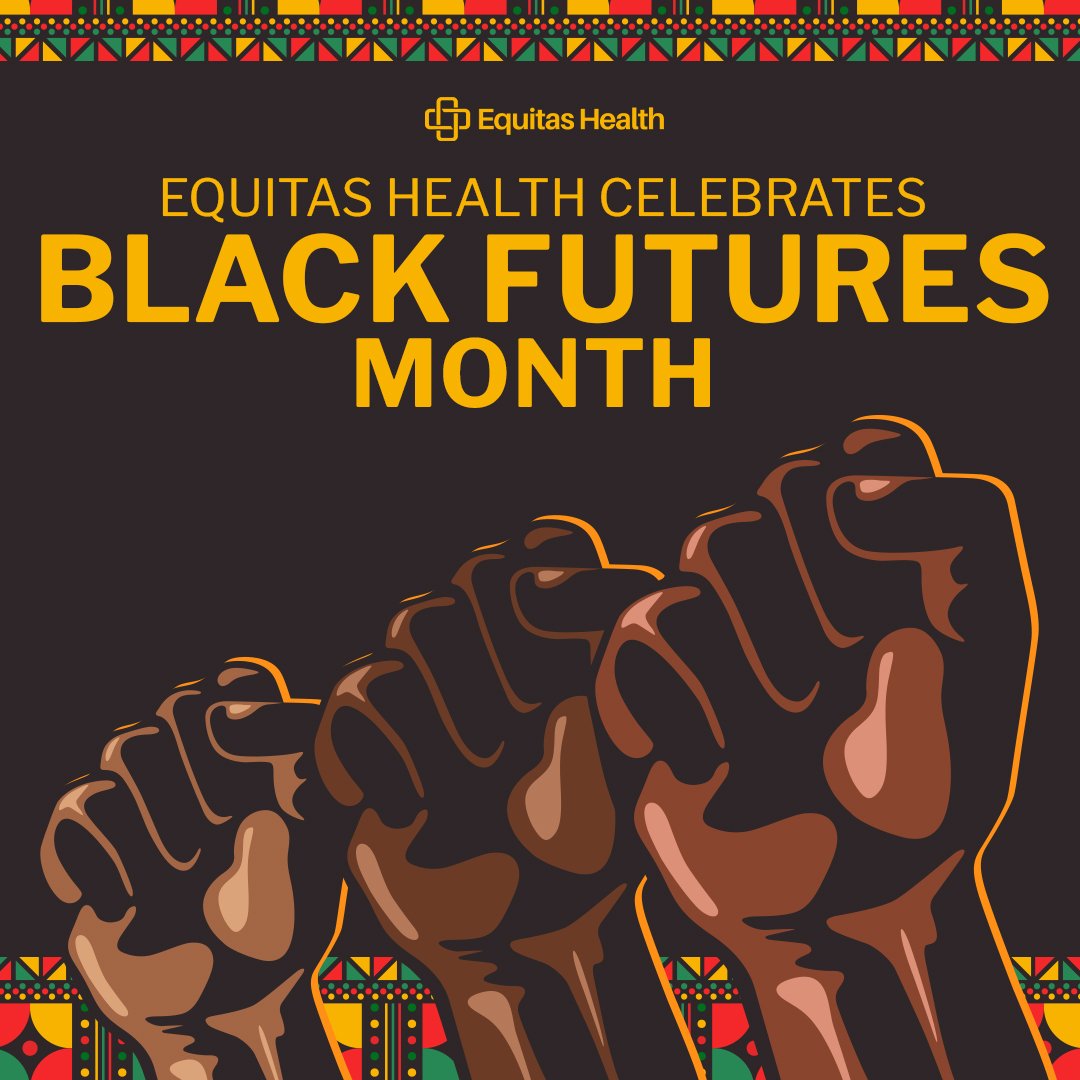
Blog 1/30/24